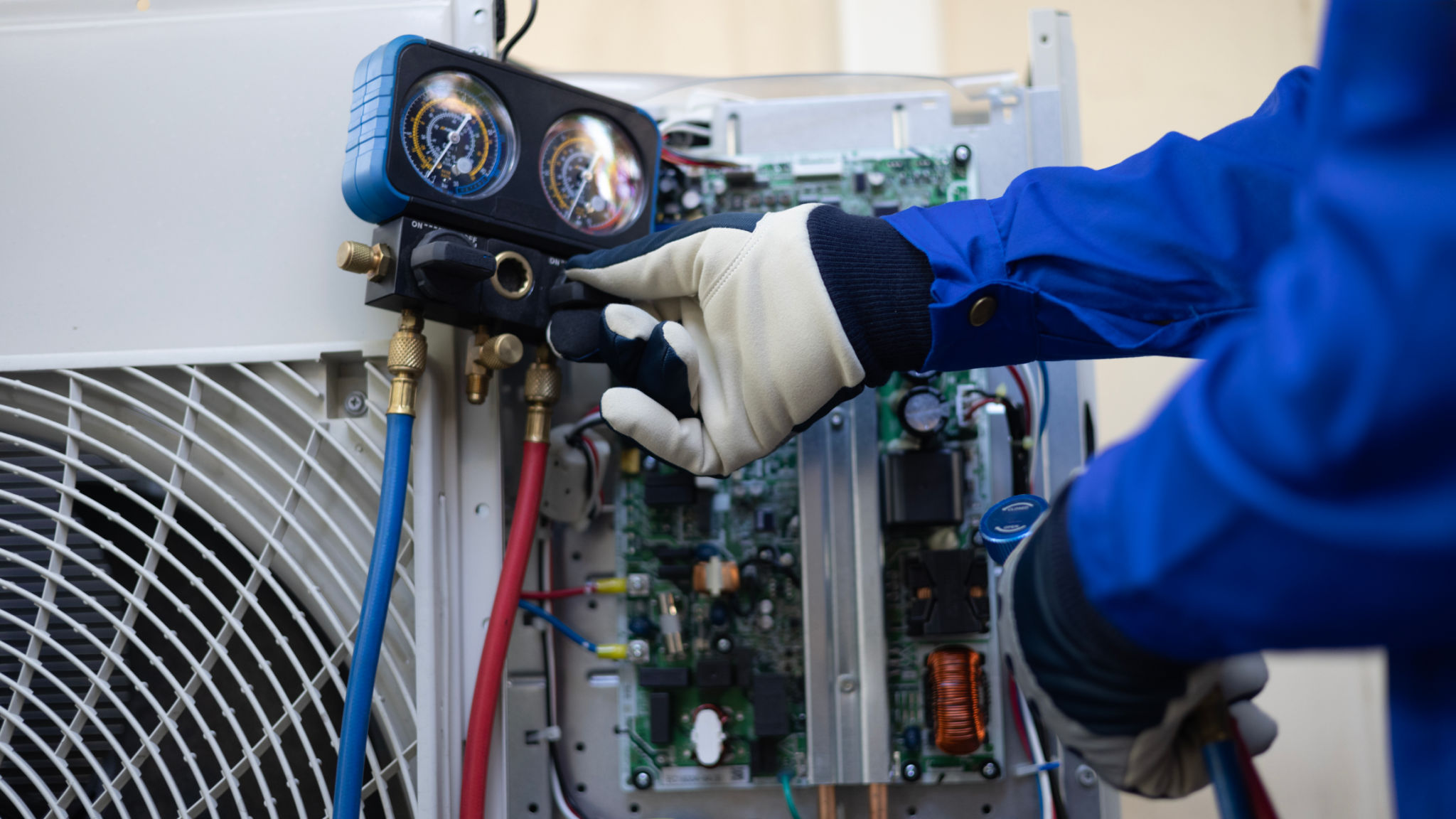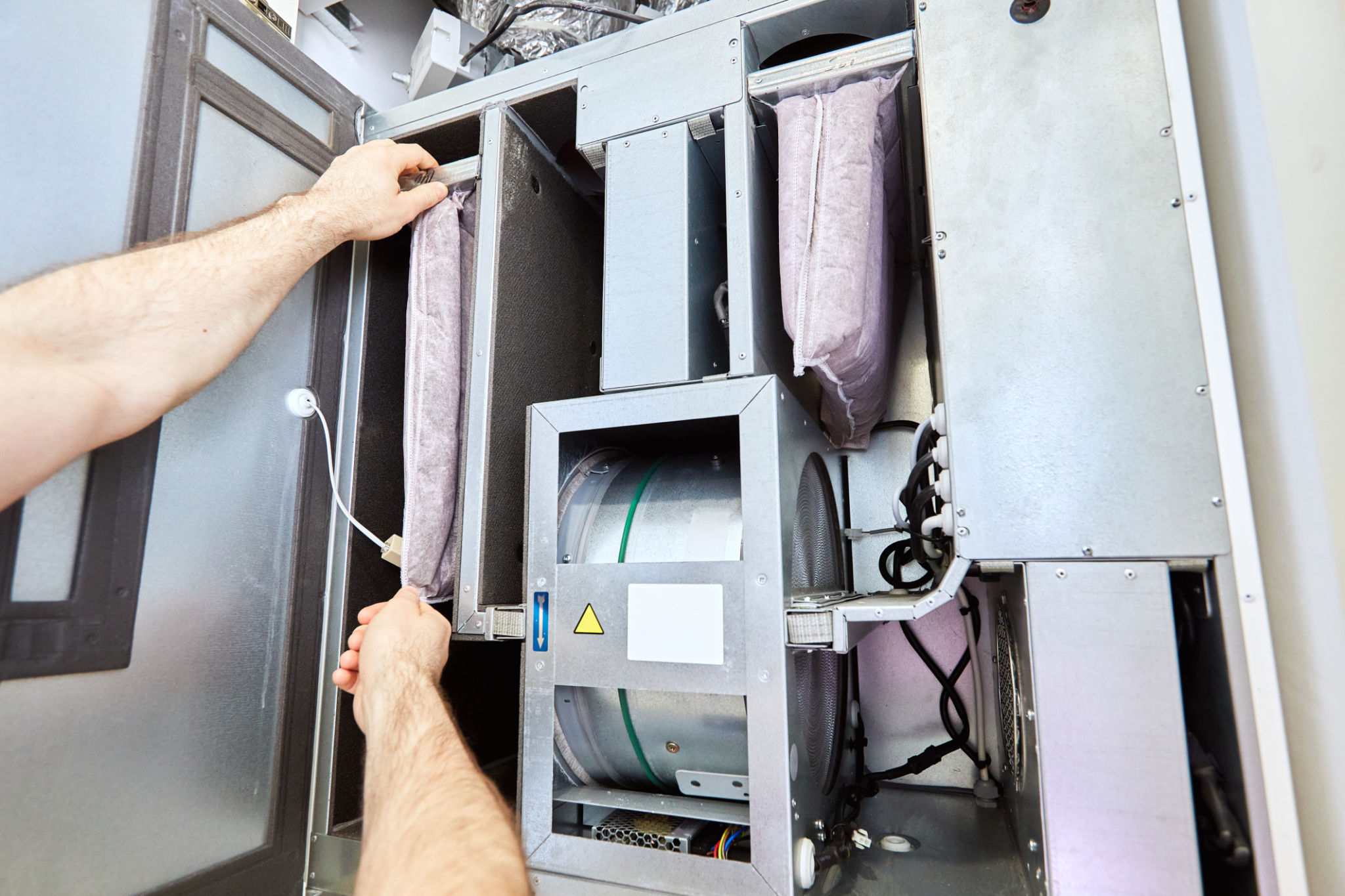Understanding the Latest Trends in HVAC Technology
Introduction to HVAC Technology Trends
The world of HVAC (Heating, Ventilation, and Air Conditioning) technology is constantly evolving, driven by the need for efficiency, sustainability, and enhanced user comfort. Keeping up with the latest trends in this field is crucial for both industry professionals and consumers. In this blog post, we will delve into the most current advancements in HVAC technology, highlighting how they are shaping the future of indoor climate control.
Energy Efficiency and Sustainability
One of the most significant trends in HVAC technology is the push towards energy efficiency and sustainability. Modern HVAC systems are designed to minimize energy consumption while maximizing performance. This not only helps reduce utility bills but also lessens the environmental impact. Innovations such as variable-speed compressors and smart thermostats are central to this trend, allowing systems to operate at optimal levels under varying conditions.
Additionally, there is a growing emphasis on using eco-friendly refrigerants that have a lower global warming potential. This shift is part of a broader effort to comply with environmental regulations and reduce carbon footprints. As consumers become more environmentally conscious, the demand for sustainable HVAC solutions continues to rise.

Smart HVAC Systems and Automation
The integration of smart technology into HVAC systems is another noteworthy trend. Smart HVAC systems can be controlled remotely through mobile apps or smart home devices, offering users greater flexibility and convenience. These systems often come with features like real-time monitoring, predictive maintenance alerts, and energy usage reports.
Automation in HVAC systems enhances overall efficiency by adjusting settings based on occupancy patterns and weather conditions. This level of control not only improves comfort but also contributes to energy savings. As the Internet of Things (IoT) continues to expand, the capabilities of smart HVAC systems are expected to grow even further.
Improved Air Quality Solutions
With increased awareness of indoor air quality's impact on health, HVAC technology has made strides in air purification and ventilation solutions. Modern systems incorporate advanced filters, UV lights, and air purifiers to reduce pollutants, allergens, and pathogens in indoor environments.
Enhanced ventilation systems ensure a constant supply of fresh air, which is particularly important in densely populated or enclosed spaces. These innovations not only improve health but also enhance comfort and productivity in residential and commercial settings.

Integration with Renewable Energy Sources
Another trend shaping the future of HVAC technology is the integration with renewable energy sources such as solar and geothermal power. By harnessing these natural resources, HVAC systems can operate more sustainably and reduce reliance on traditional energy sources.
Solar-powered HVAC systems use photovoltaic panels to generate electricity, while geothermal systems utilize the earth's stable temperature for heating and cooling. These technologies offer significant long-term savings and contribute to reducing the overall carbon footprint of buildings.
The Future of HVAC Technology
The future of HVAC technology looks promising with continued advancements in materials science, sensor technology, and data analytics. Innovations like self-diagnosing systems, which utilize AI to detect and resolve issues before they escalate, are on the horizon. As technology evolves, so too will the ability of HVAC systems to adapt to varying needs and conditions.

In conclusion, staying informed about the latest trends in HVAC technology is essential for making informed decisions about climate control solutions. Whether you're an industry professional or a homeowner looking to upgrade your system, understanding these trends ensures that you invest in efficient, sustainable, and future-ready solutions.